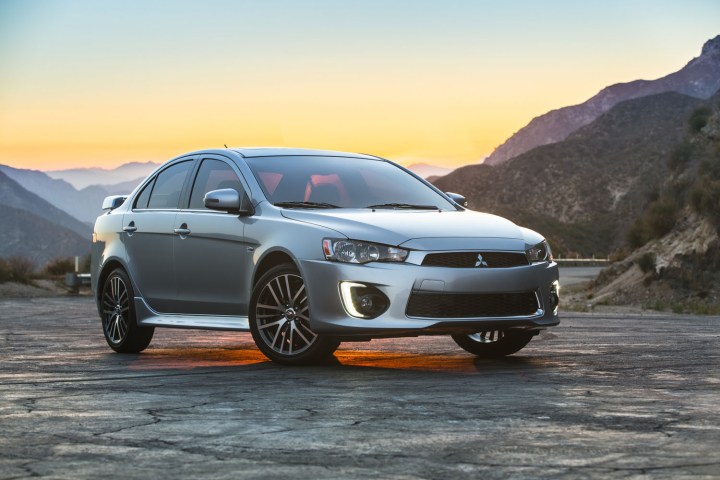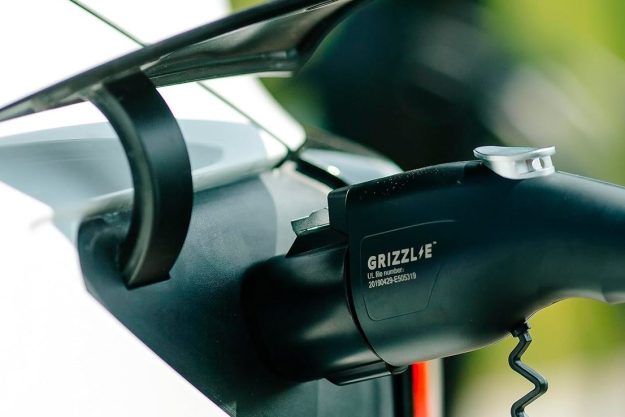
Don Swearingen, the executive vice president and chief operating officer of Mitsubishi’s North American division, told Motor1 that there are no immediate plans to launch another compact sedan on the United States market. Lancer sales are dropping at an alarming rate in spite of a recent update, and the company has previously made it clear that it wants to focus its resources on developing a full line of crossovers and SUVs. Sedan sales are declining all around the globe, which makes it even more difficult for the brand to justify spending money on bringing a new Lancer to the market.
A separate report finds Mitsubishi will introduce a brand-new compact crossover during this year’s edition of the Geneva Auto Show. The yet-unnamed model will draw inspiration from the XR-PHEV concept shown in Los Angeles three years ago, and it will occupy the Lancer’s spot in the company’s portfolio. Boldly- tyled, it will slot between the Outlander Sport — the brand’s smallest soft-roader — and the Outlander.
The new crossover is widely expected to spawn a hot-rodded, Evolution-badged model equipped with a powerful gasoline-electric plug-in hybrid drivetrain. Two electric motors fed by a lithium-ion battery pack will work with a turbocharged four-cylinder engine, giving the crossover a Jekyll and Hyde personality. On one hand, it’ll be capable of driving on electricity alone for relatively short distances. On the other hand, the motors will provide a significant boost in power when the pace picks up.
The exception to Mitsubishi’s light truck-only rule is the tiny Mirage. “Our customers love the product,” said Swearingen in an interview with Motor1. The entry-level model received significant updates for the 2017 model year, and a second-generation model will make its debut before the end of the decade.
Editors' Recommendations
- We’re finally getting a 4K OLED gaming monitor, and it’s coming soon
- Corsair’s DDR5 RAM is up to four times better than DDR4 — and it’s coming soon
- SNL is coming back this Saturday — with its cast working from home
- NASA hasn’t been to the moon in almost 50 years. Now, it’s going back annually
- Tesla is now doomed. Here’s how its EV dream will soon come crashing down




